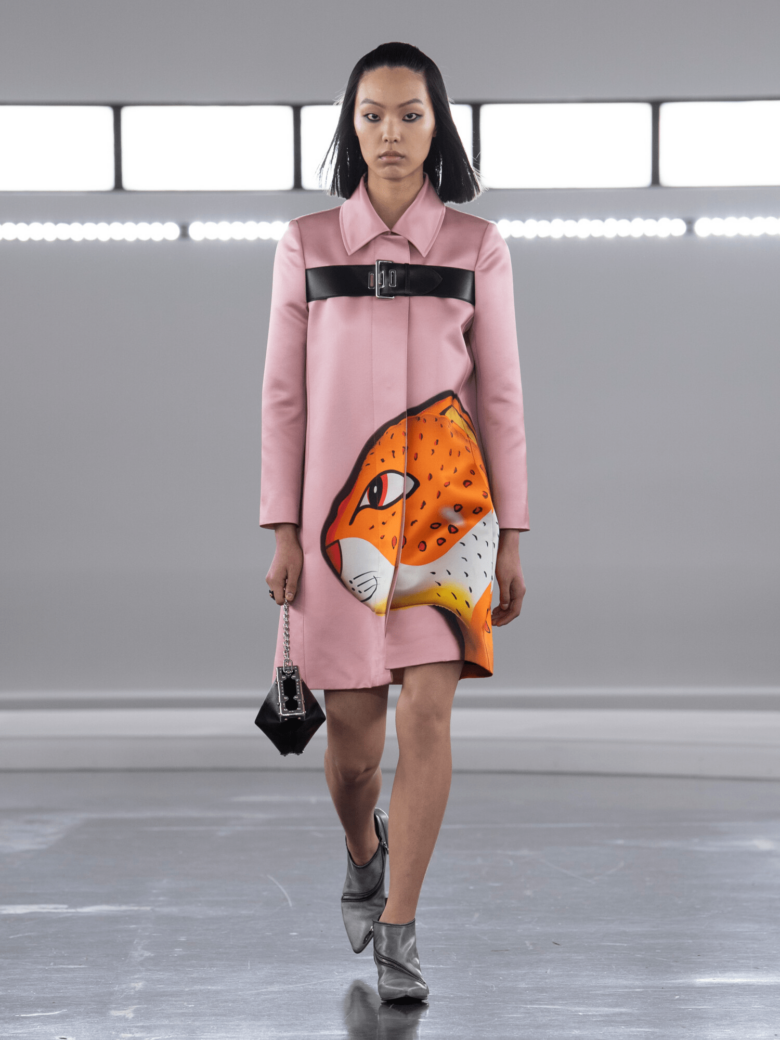Are rental services the solution to fast fashion?
As the dark side of fast fashion’s carbon footprint is quickly being exposed to the world, buyers are starting to think twice about their shopping habits. In response, many brands are introducing sustainable collections, but will this be enough to convince shoppers they are making a moral purchase? A survey by French brand Patatam found one in five British women now feel guilty when they buy something new; and that almost two in three were happy to buy second-hand items.
It seems the answer to brand’s and buyer’s climate-conscious problems could be fashion rental services. Previously rented clothes were largely regarded for special occasions, like renting a tuxedo or gown, but due to environmentally aware shoppers, there is an increasingly high drive for everyday-wear rental services.
A key sign of this transition is high-street giant, Urban Outfitters, announcing the launch of their new rental service last week. Called Nuuly, the service will initially be made available in the US this summer. Nuuly will offer in a month’s subscription fee; 6 items of clothes, laundry and dry cleaning, free delivery, no damage or late fees and the option to buy items that you love.
Alongside Urban Outfitters, H&M has said it’s looking into a rental modal part of its sustainability agenda and The Westfield Group has run trials of rental services.
Rental services for everyday-wear could also form a vital opportunity to breakdown pressures social media holds over young people – a study by Hubbub found one in six young people do not feel comfortable wearing the same clothes again if they have been seen wearing them on social media. Collaborations between rental fashion services and social media influencers could highlight environmentally friendly shopping habits and still promote current trends.
On paper everyday-wear rental services seem like the perfect solution to fast-fashion, but it has already attracted scepticism from multiple sources.
“The increase in fashion rental should drive the production of clothes that are more durable, which is good in terms of sustainability,” says Heather Poore, Hubbub’s creative director. “But the rental model is new and still being tested… You have to balance the potential mass scale of rental with sustainable ways to get clothes to people. Online deliveries already have a big environmental impact.”
Extinction Rebellion has called for a complete boycott of the fashion industry, saying no to any new item of clothing for 52-weeks due to the amount of land, crops and extraction of oil it takes to produce synthetic fibres. While rental-services aren’t exactly new items of clothing it still raises questions of just how different it can be to fast-fashion? Why would big companies, who have always prioritised profit over climate-friendly procedures, now completely change? Money still makes the fashion world go round.
Urban Outfitters and H&M trialling rental clothes is a huge step towards a conscious fashion future, but the public must be wary of how rental-services could easily be used to sweep the industry’s staggering climate footprint under the rug.

